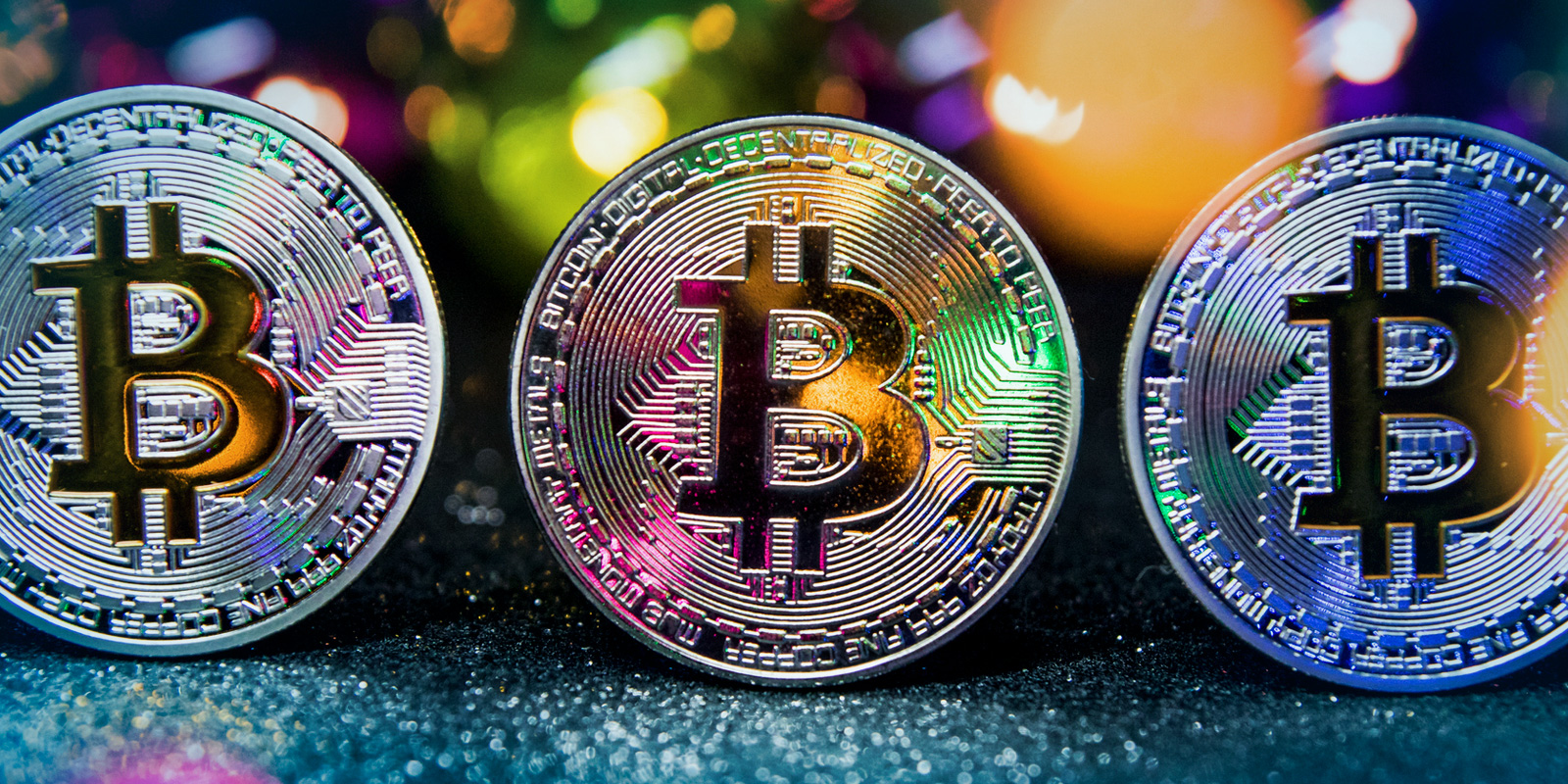
Court Rules That Sales of Digital Tokens Were Illegal Unregistered Securities Offerings
Federal court grants summary judgment to the SEC on its claim that sales of digital tokens constitute investment contracts under the Securities Act.
On September 30, 2020, U.S. District Judge Alvin Hellerstein granted summary judgment to the Securities and Exchange Commission ("SEC") in its case against Kik Interactive, Inc., ruling that Kik's unregistered offering of digital tokens called "Kin" was an offer and sale of securities without a registration statement or applicable exemption in violation of Section 5 of the Securities Act of 1933 (see U.S. S.E.C. v. Kik Interactive, Inc., 19 Civ. 5244 (AKH), slip op. (S.D.N.Y. Sept. 30, 2020)).
In particular, the court ruled that the sale of Kin to the public constituted an "investment contract" and therefore a "security" under the standard articulated in the seminal SEC v. W.J. Howey Co. case (328 U.S. 293, 298-99 (1946)); namely, that the sale of Kin involved "an investment of money," in a "common enterprise," and with profits that are derived solely from the efforts of others (see Kik, slip op. at 8, quoting Revak v. SEC Realty Corp., 18 F.3d 81, 87 (2d Cir. 1994)). In addition, the court concluded that the pre-sale of Kin to accredited investors using a Simple Agreement for Future Tokens ("SAFT"), which Kik argued was exempt from registration, and the subsequent public sale of Kin, were part of the same integrated offering, which therefore meant that the pre-sale did not qualify for the exemption.
This has been a closely watched case, given the number of similar offerings of cryptocurrencies that have been made without registration statements, and the court's order is expected to guide other U.S. courts that are considering the issue, not to mention potentially emboldening the Commission to bring other, similar enforcement actions.
It follows another victory by the SEC earlier this year in a case against Telegram in regard to its sale of a digital token called Grams to accredited investors using SAFTs (SEC v. Telegram Group, Inc., 448 F. Supp. 3d 352 (S.D.N.Y. 2020)). In that case, the court concluded that the initial sale and distribution of the Grams through SAFTs and potential resale by early purchasers in the secondary market were part of an illegal unregistered offering of securities. Together, the Kik and Telegram rulings present significant obstacles to companies seeking to offer digital tokens to the public outside the constraints of United States securities laws. Companies seeking to do so should obtain qualified legal counsel about the implications of these rulings.



